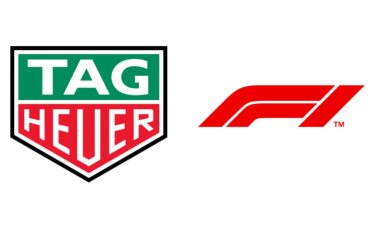Meta Introduces "Imagined with AI" Labels for Transparency in Content Creation
The tech giant is creating scalable tools to detect invisible markers, aiming to label images from Google, OpenAI, Microsoft, Adobe, Midjourney, and Shutterstock in their ongoing initiatives

In a recent announcement, tech giant Meta revealed its plan to apply "Imagined with AI" labels to photorealistic images generated using its Meta AI feature. This decision aims to address user concerns and enhance transparency surrounding the use of AI in content creation.
To extend this labeling practice to content produced with tools from other companies, Meta has been collaborating with industry partners to establish common technical standards. Nick Clegg, President of Global Affairs at Meta, emphasized the importance of detecting signals that indicate AI-generated content. This capability will enable the labeling of AI-generated images across Facebook, Instagram, and Threads.
Clegg stated, "We're building this capability now, and in the coming months, we'll start applying labels in all languages supported by each app." This approach aligns with Meta's commitment to transparency, particularly during significant global elections in the next year.
The company is concurrently developing tools to identify invisible markers at scale. This initiative will facilitate the labeling of images from various platforms, including Google, OpenAI, Microsoft, Adobe, Midjourney, and Shutterstock. Clegg acknowledged that while signals are increasingly included in image generators, audio and video AI tools lack comparable signals at the same scale.
Meta plans to mandate the use of the disclosure and label tool for users posting organic content with photorealistic videos or realistic-sounding audio created or altered digitally. Penalties may be enforced for non-compliance. Additionally, if digitally created or altered content is deemed potentially deceptive, Meta may add a more prominent label to provide users with additional information and context.
This initiative reflects Meta's commitment to fostering transparency, understanding user preferences, and evolving alongside emerging technologies. The company aims to shape a responsible and accountable environment for AI-generated content on its platforms.

 Sumit Rawat
Sumit Rawat 










